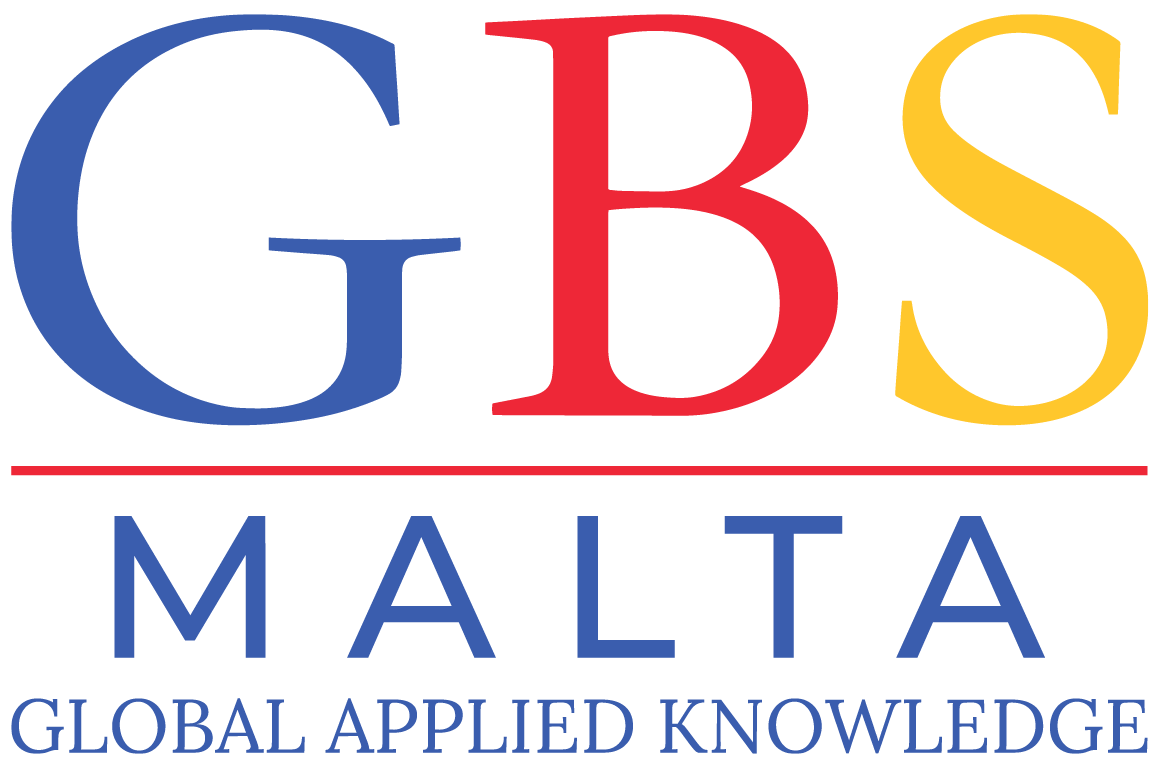To make smart decisions regarding student finance options, it is crucial first to understand the likely expenses associated with pursuing a master's degree in Malta. This will enable students to determine the actual cost of their education, find ways to minimise it and finance a master's degree in Malta . By taking a comprehensive approach and considering all the potential expenses, students can ensure that they are fully prepared for the financial commitments that come with studying in Malta. We have created a checklist of all the possible expenses that students may face during their stay in Malta. This checklist includes both essential and optional costs.
1. Pre-Departure Expenses:
- Application fees: Fees associated with applying to the educational institution or programme.
- Visa fees: Costs related to obtaining a student visa.
- Health insurance: Insurance coverage for medical expenses during the study period.
- Language proficiency tests: Fees for English language proficiency exams like TOEFL or IELTS.
- Document authentication: Charges for verifying and authenticating academic transcripts and certificates.
2. Travel Expenses:
- Flights: Cost of round-trip airfare from home country to Malta.
- Baggage fees: Charges for checking in luggage on flights.
- Transportation: Local transportation costs, such as taxis or public transportation, upon arrival in Malta.
3. Accommodation Expenses:
- Rent: Monthly accommodation cost (apartment, room, or shared housing).
- Security deposit: Refundable deposit paid to the landlord or housing agency.
- Utilities: Monthly expenses for electricity, water, internet, and gas (if applicable).
- Furniture and household items: Initial purchases or rentals of necessary items for the accommodation.
4. Tuition and Academic Expenses:
- Tuition fees: Cost of the master's degree program.
- Textbooks and course materials: Expenses for required textbooks, study materials, and online resources.
- Technology: Laptops, software, or other devices necessary for academic purposes.
- Additional charges: For services like library access, student union fees, etc.
5. Living Expenses:
- Food and groceries: Monthly expenses for meals and groceries.
- Eating out: Costs of dining at restaurants or cafes occasionally.
- Personal care: Toiletries, grooming products, and healthcare expenses.
- Clothing: Purchases of clothing and footwear as needed.
- Entertainment: Expenses for social activities, movies, concerts, and outings.
- Internet and phone bills: Monthly charges for internet and mobile phone services.
- Gym or fitness club membership: If desired, the cost of joining a fitness facility.
- Personal transportation: Public transportation costs or expenses related to owning a vehicle.
- Travel within Malta: Expenses for exploring the country during breaks or weekends.
6. Health and Insurance:
- Health insurance: Coverage for medical expenses and emergencies.
- Vaccinations: Costs for any required or recommended vaccinations.
- Medications: Expenses for prescription medications or over-the-counter drugs.
7. Miscellaneous Expenses:
- Bank charges: Fees associated with opening a bank account or international transactions.
- Currency exchange fees: Charges for converting currency.
- Communication expenses: International calling or data charges.
- Personal and leisure activities: Hobbies, clubs, or extracurricular activities.
- Personal development: Internships, workshops, seminars, or conferences related to personal growth or career advancement.
8. Return Expenses:
- Flights: Cost of return flights from Malta to the home country.
- Shipping costs: Charges for shipping personal belongings back home.
- Storage fees: If belongings need to be stored during the summer or after completing the programme.
- Miscellaneous expenses: Any outstanding bills, closure fees, or unexpected costs.
Remember that the above list is a general guide, and actual expenses may vary based on individual circumstances, lifestyle preferences, and programme-specific requirements. The purpose of this checklist is to help students research and plan ahead of time. It is crucial to have a realistic budget to finance a master's degree in Malta.




